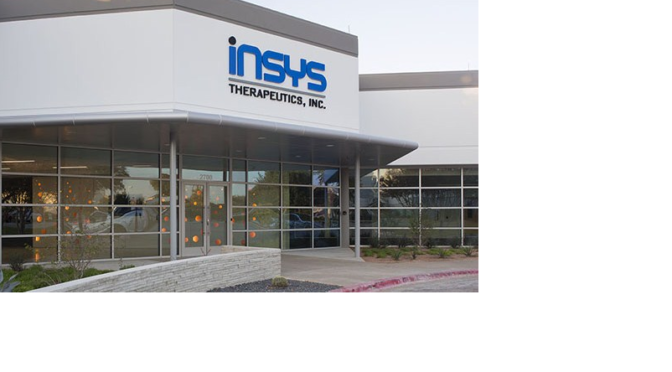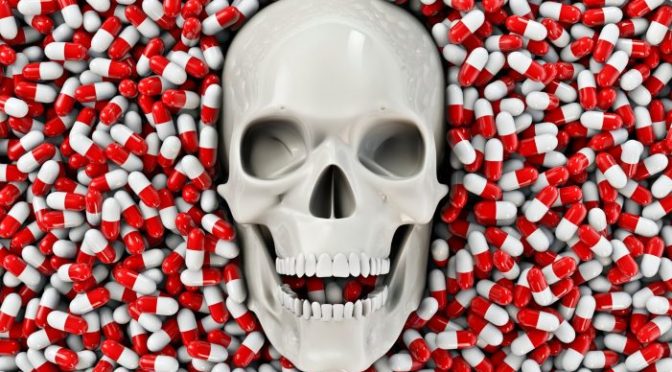Six pharmaceutical executives who worked for Chandler, Ariz.-based Insys Therapeutics were arrested Thursday on charges that they led a nationwide conspiracy to bribe clinicians to unnecessarily prescribe fentanyl-based pain medication, according to the Department of Justice.
The government claims the executives conspired to bribe physicians and medical practitioners in several states, many of whom worked in pain clinics, to prescribe their pain medication called Subsys. This narcotic contains fentanyl, a highly addictive synthetic opioid, and is intended to treat cancer patients suffering intense episodes of breakthrough pain.
In exchange for kickbacks and bribes, practitioners allegedly wrote large numbers of prescriptions for patients, few of whom were diagnosed with cancer. The indictment also alleges the former Insys executives conspired to defraud health insurers that showed reluctance to approve payment for Subsys when it was prescribed to non-cancer patients. The defendants allegedly did so by establishing a “reimbursement unit” that obtained prior authorization directly from insurers and pharmacy benefit managers.
Here are the names of the defendants, all of whom are no longer employed by Insys Therapeutics, along with the respective charges they face:
- Michael Babich, former president and CEO: conspiracy to commit racketeering, conspiracy to commit wire and mail fraud and conspiracy to violate the Anti-Kickback Law
- Alec Burlakoff, former vice president of sales: Racketeer Influence and Corrupt Organizations Act conspiracy, mail fraud conspiracy and conspiracy to violate the Anti-Kickback Law
- Richard M. Simon, former national director of sales: RICO conspiracy, mail fraud conspiracy and conspiracy to violate the Anti-Kickback Law
- Sunrise Lee, former regional sales director: RICO conspiracy, mail fraud conspiracy and conspiracy to violate the Anti-Kickback Law
- Joseph A. Rowan, former regional sales director: RICO conspiracy, mail fraud conspiracy and conspiracy to violate the Anti-Kickback Law
- Michael J. Gurry, former vice president of managed markets: RICO conspiracy and wire fraud conspiracy
Criminal charges are rarely pressed in cases involving pharmaceutical companies, and several agents noted the severity of the charges in statements.


